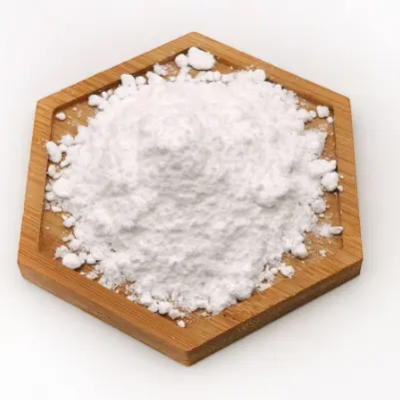Mono Propylene Glycol CAS:57-55-6
In animal nutrition, MPG is utilized as a pellet binder and conditioning agent in the manufacturing of pelleted feeds for livestock and poultry. Its hygroscopic nature allows MPG to help maintain the integrity and stability of pelleted feed products by retaining moisture and preventing excessive dryness or crumbling. This contributes to the preservation of feed quality during storage, transportation, and feeding, ensuring that animals receive consistent and palatable nutrition. Additionally, the inclusion of MPG in pelleted feeds supports efficient nutrient delivery and consumption by animals, as it enhances the texture and structural integrity of the pellets, making them more attractive and palatable to livestock and poultry. By promoting uniform dispersion of essential nutrients within the pellets, MPG helps ensure that animals receive balanced nutrition and optimal feed utilization. Proper dosage and application of MPG are crucial to achieve desired pellet quality and animal acceptance while maintaining safety and regulatory compliance. Integrating MPG into feed manufacturing processes responsibly allows producers to optimize feed pellet characteristics and support animal welfare and performance effectively. In summary, MPG's role as a pellet binder and conditioning agent is essential in ensuring feed quality, palatability, and nutrient delivery in livestock and poultry production. By contributing to the production of durable and appealing pelleted feeds, MPG supports optimal animal nutrition and feed utilization, aligning with the goals of promoting animal health, welfare, and productivity in modern agricultural practices.



| Composition | C3H8O2 |
| Assay | 99% |
| Appearance | white powder |
| CAS No. | 57-55-6 |
| Packing | Small and bulk |
| Shelf Life | 2 years |
| Storage | Store in cool and dry area |
| Certification | ISO. |









